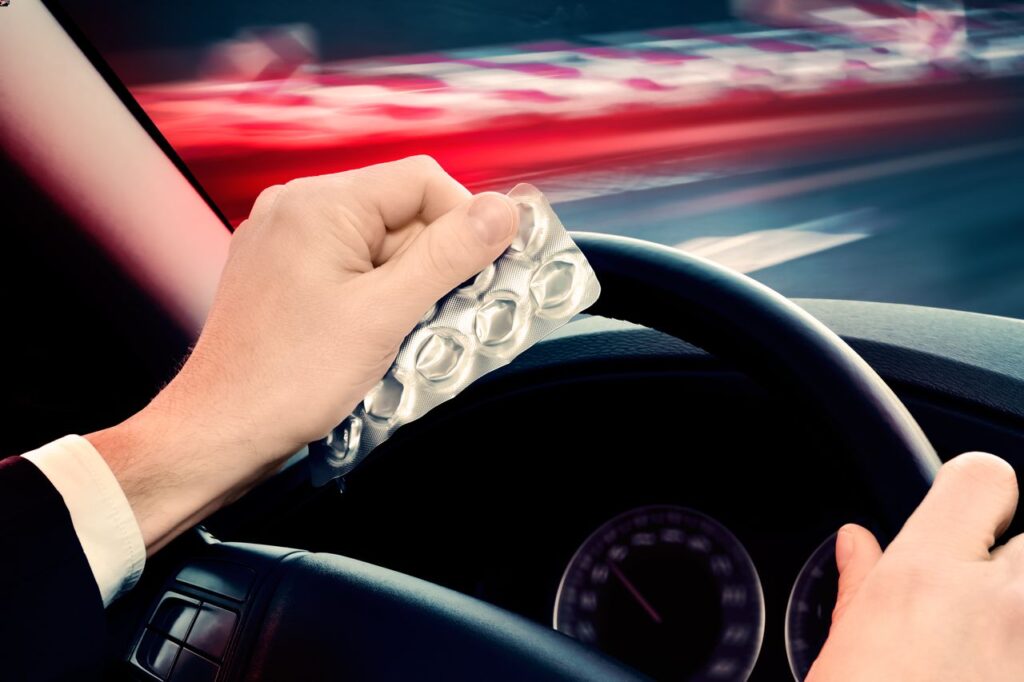
Drugged driving entails driving a vehicle while impaired by prescription medications or illegal street drugs. It can lead to unsafe maneuvers behind the wheel and fatal accidents. Drugged driving endangers the lives of drivers, passengers, and pedestrians.
What Makes Drugged Driving Dangerous?
Different drugs will have various effects on the way the brain functions. Drunk driving under the influence of alcohol can impair judgment and motor skills, but marijuana can have many of the same effects as it slows reaction times, decreases coordination, and impairs judgment of time and distance. Meanwhile, drivers who have consumed stimulants such as cocaine can exhibit more reckless and aggressive driving behaviors. Additionally, prescription medications such as opioids can cause impairments like dizziness, drowsiness, and other effects. As a result, drivers under the influence of any of these substances put others at risk of serious injury.
Drugs will affect people in different ways depending on their own biology and the number of other substances in their system. Any level of drug intoxication can make operating a vehicle more dangerous. Because of this, certain states have implemented zero-tolerance laws on drugged driving. Subsequently, people can face driving under the influence (DUI) charges for consuming any level of drugs.
How Frequently Does Drugged Driving Cause Accidents?
Although drugged driving is behind many motor vehicle accidents, the exact number of accidents resulting from this risk factor is uncertain for several reasons.
One reason for this uncertainty is that a reliable roadside drug test doesn’t currently exist. Another is that certain drugs can remain in a person’s system for days or weeks after initial use, which can make it difficult to determine if the driver was impaired at the time of an accident. Additionally, police don’t typically test for drugs if drivers already have illegal levels of alcohol in their system, which is sufficient evidence for a DUI charge. Finally, many drivers who cause accidents have alcohol and one or more drugs in their system, making it difficult to pinpoint the most impairing substance.
However, one survey found that 20% of surveyed drivers tested positive for drugs in 2013-2014.
Generally, the best way to avoid causing any type of accident and subsequent injuries or deaths due to drugged driving is to avoid operating a motor vehicle under the influence.


